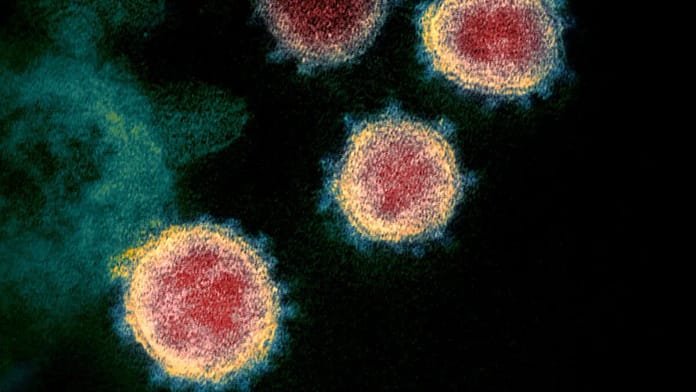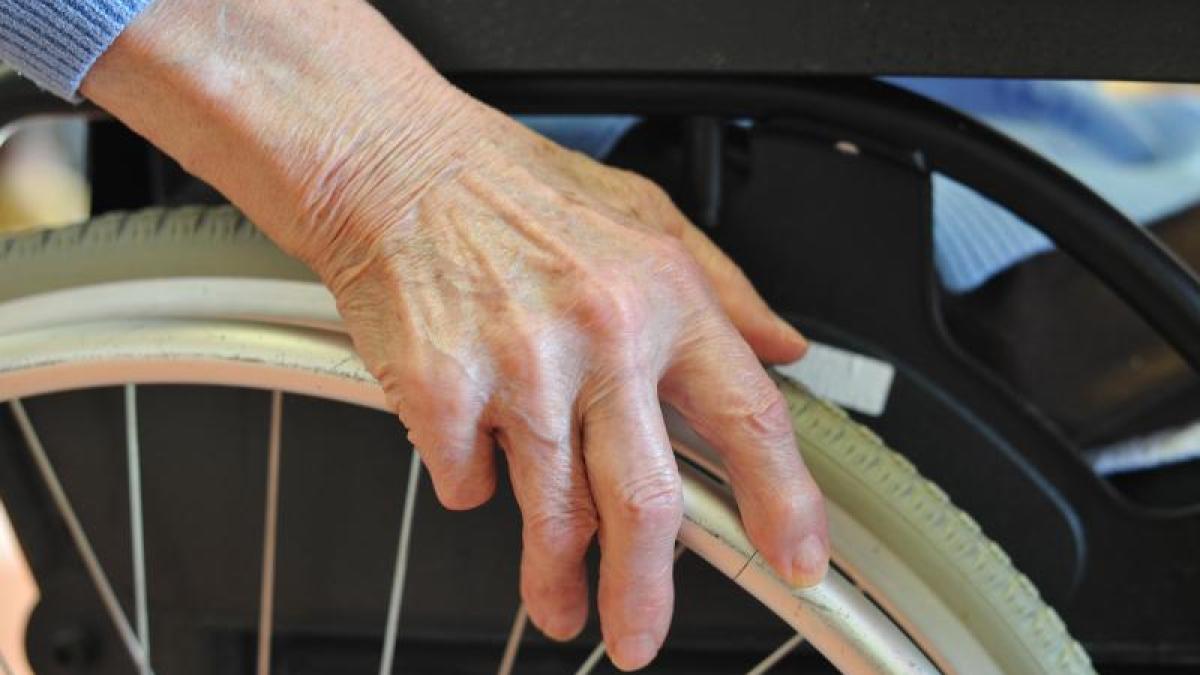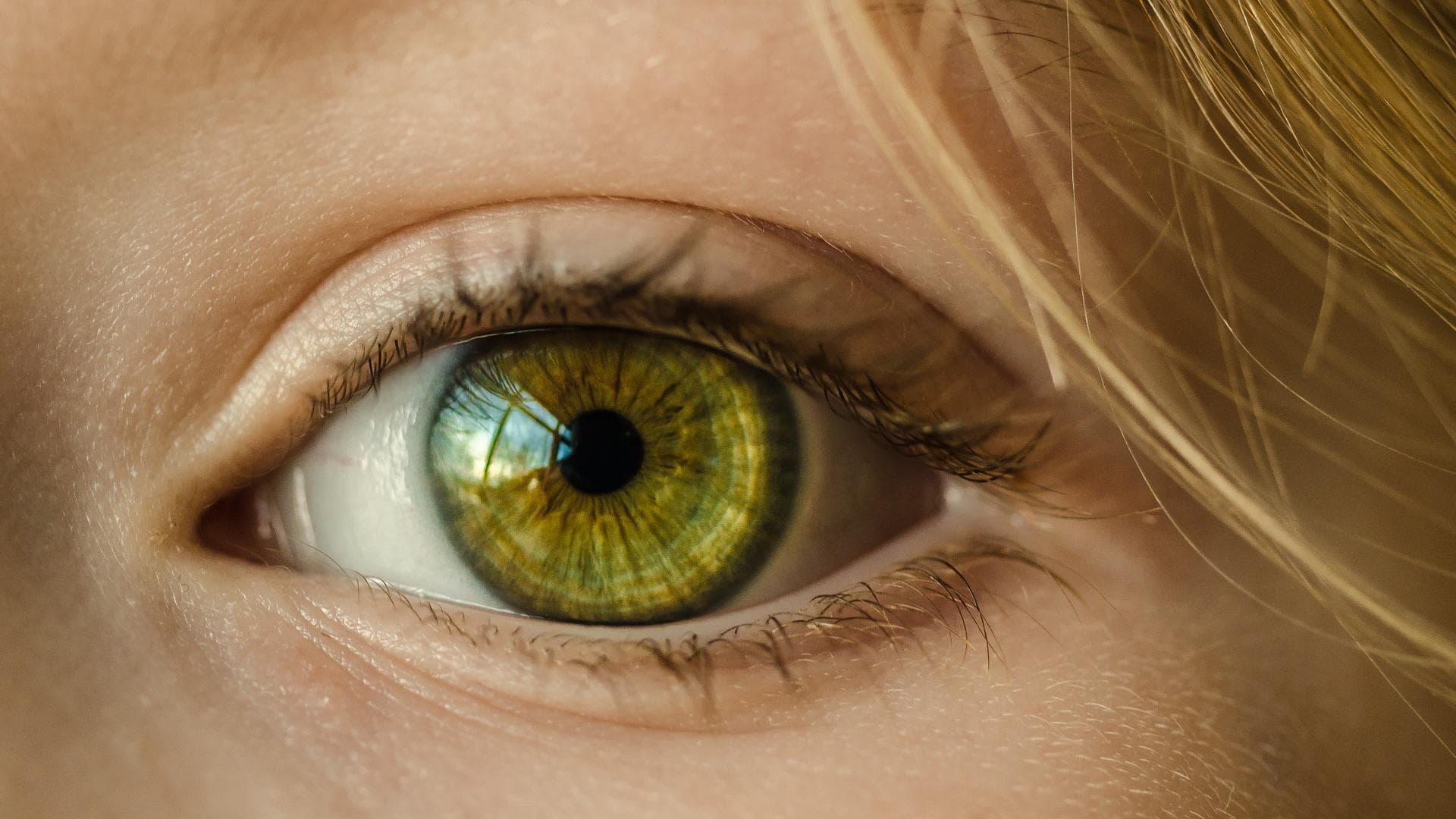A new study suggests that people with a history of certain mental illnesses may be at increased risk of contracting COVID-19 infection after vaccination.
• Read also: COVID-19: New Respiratory Test Approved in the United States
• Read also: COVID-19: Less than one in every Canadian has received their booster dose
The researchers said the combined findings show that people with psychiatric disorders should be one of the priority groups for booster doses.
the study, Led by the University of California, San Franciscoexamined data from 263,697 fully vaccinated patients who had access to health care in the United States.
Among the group, more than one in two (51.4%) patients were diagnosed with at least one psychiatric disorder such as substance abuse, psychotic disorder, bipolar disorder, adjustment disorder, and anxiety.
The researchers found that for patients under the age of 65, the risk of contracting COVID-19 was 11% higher than for those diagnosed with a mental illness. And for patients 65 years of age or older, their psychiatric history was up to 24% more likely to have contracted COVID-19.
This may be because patients with certain psychiatric disorders may have a “decreased immune response to the vaccine,” researcher Christine Nishimi said.
“It is possible that immunity wanes after vaccination faster or more severely for people with psychiatric disorders and/or may have less protection against new variants,” the researcher said.







